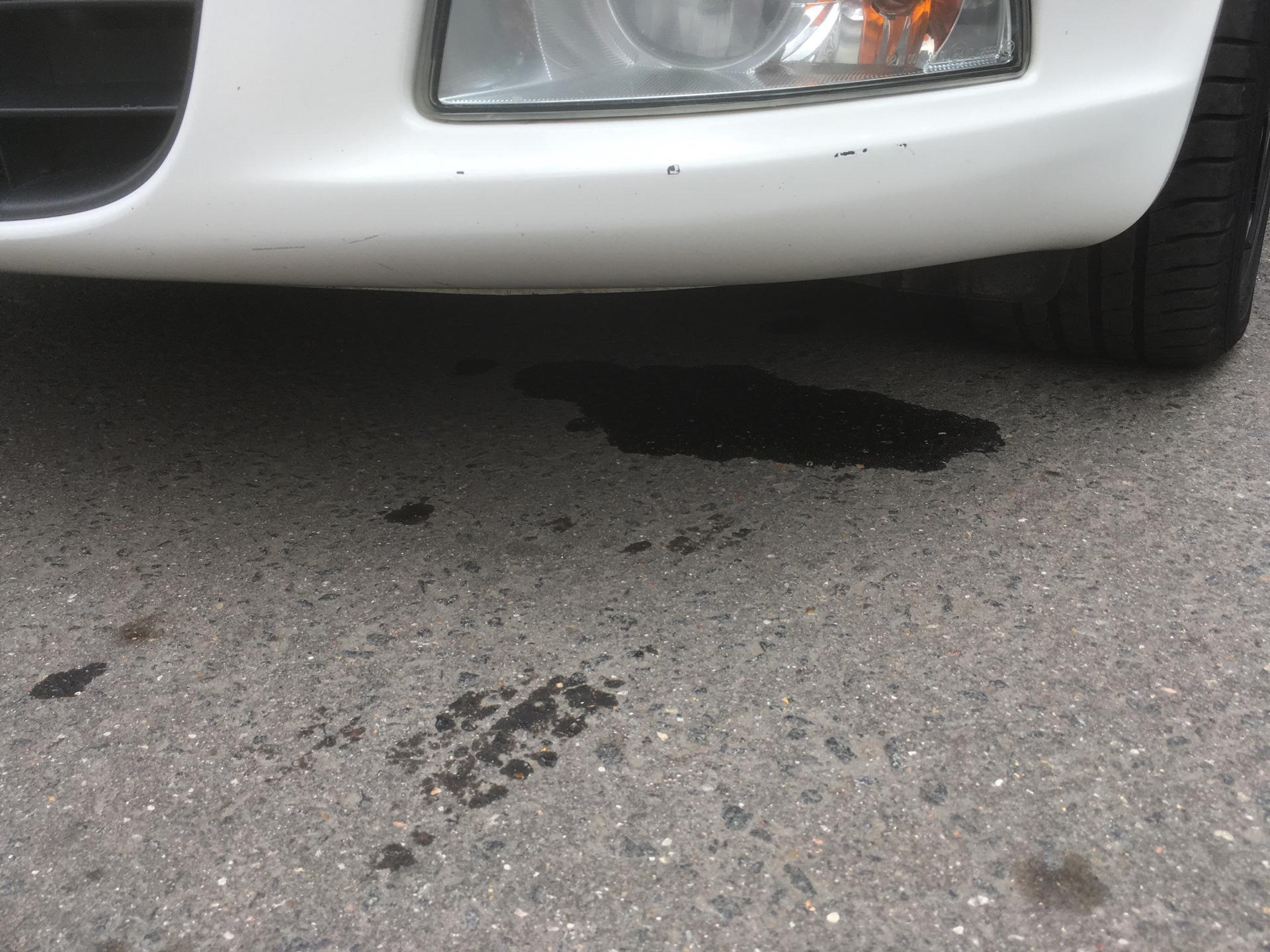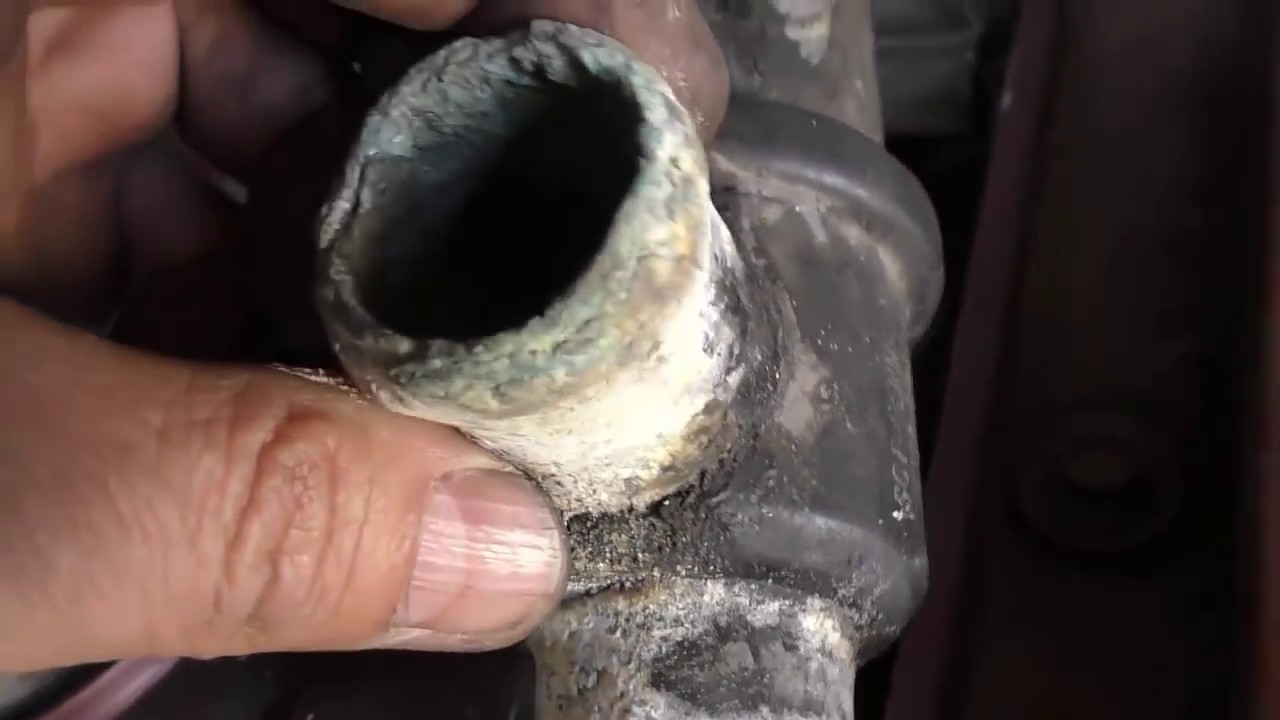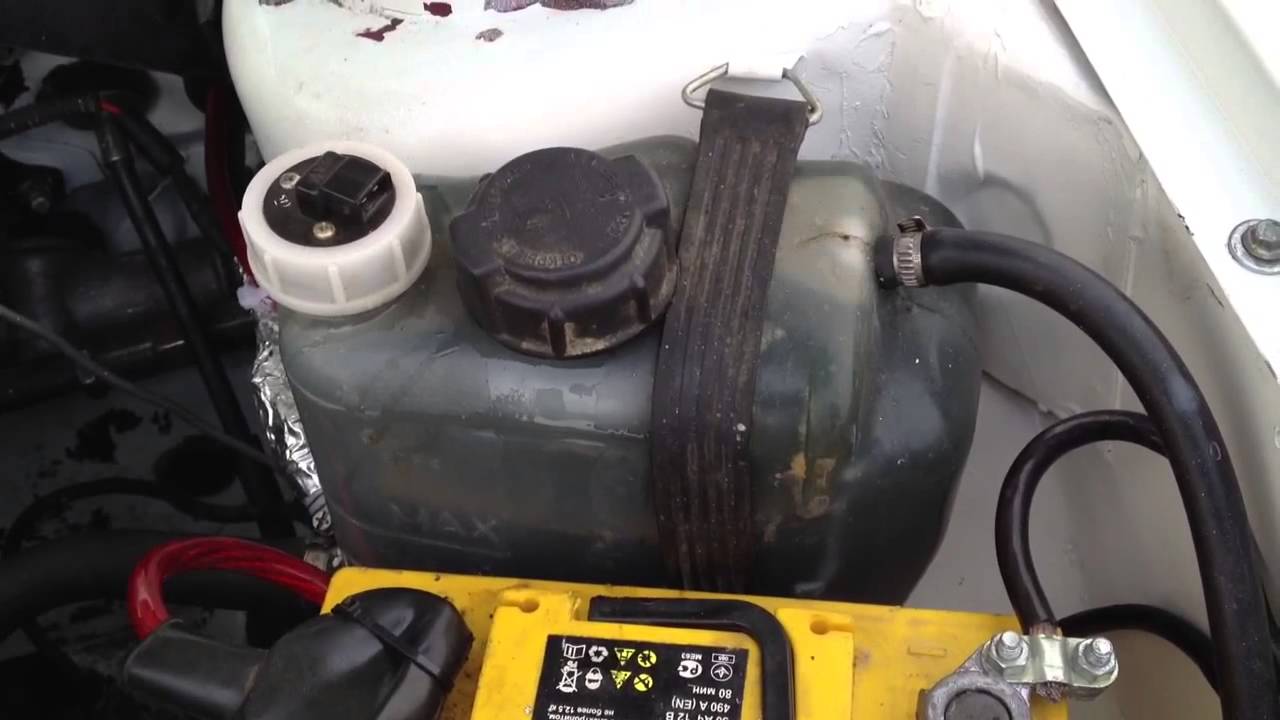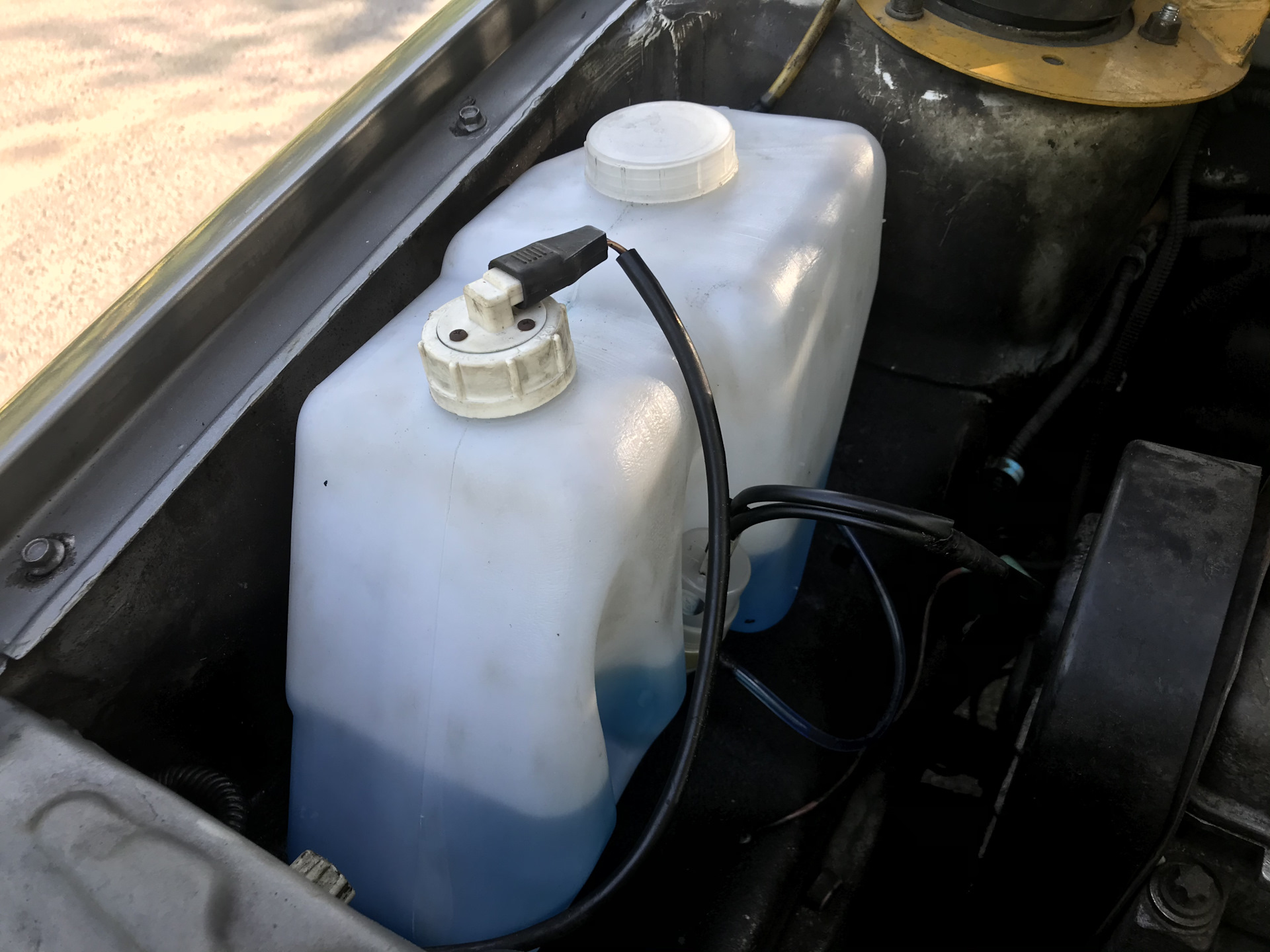
What to do if antifreeze boils and leaks
Content
This is the most common cause of boiling. Due to the small volume, antifreeze cannot cope with cooling, overheats and boils.
The owners of Russian cars have repeatedly encountered a situation where the coolant boils. Some foreign cars can also "sin" with a similar disadvantage. Let's figure out how to act in case of trouble.
How the cooling system works
The boiling of the coolant threatens with serious disruptions in the operation of the engine - constant overheating leads to the appearance of defects, the elimination of which will require significant financial costs.

Antifreeze drains quickly
To understand the causes of boiling, you need to find out how the system works:
- The car has 2 circulation circuits. While the engine is not warmed up, antifreeze passes through a small circle, which includes the engine cooling area, thermostat and interior heating. At this time, the temperature of the coolant (coolant) is low, and boiling does not occur.
- After the engine is heated to a predetermined level (it differs in gasoline and diesel cars), the thermostatic valve opens the antifreeze to a large circuit, which includes a radiator that promotes heat outflow. Since the liquid begins to increase in volume as the temperature rises, the excess flows into the expansion tank. A valve is built into its cover that releases air in the system and allows antifreeze to occupy free space.
- When the temperature of the coolant approaches the boiling level (95 ºС or more), some of it may flow through the valve on the radiator, which makes it seem that it has boiled.
- After turning off the engine, the temperature in the system decreases, the antifreeze decreases in volume. To prevent deformation of plastic and rubber pipes, a tank, a valve in the lid lets air into the system.
By boiling, motorists understand the outflow of liquid through the closing element of the expansion tank or the formation of air bubbles in it.
Why does antifreeze boil
The boiling point of the coolant is different from water - the process begins when it reaches 115 ºС. We will deal with the reasons why antifreeze could boil and leak out.
Low coolant level
This is the most common cause of boiling. Due to the small volume, antifreeze cannot cope with cooling, overheats and boils.
Broken thermostat
The thermostat is a valve that controls the temperature of the engine, and when a certain value is reached, it opens the way for the coolant to a large circuit. Here it is cooled by passing through a radiator. You can determine the failure of the part as follows:
- Start the engine for a few seconds. After warming up, check the pipe leading to the radiator. If it gets hot, then there is a problem.
- Remove the device, place it in a container with water, which is slowly heated. Upon reaching a certain temperature, a breakdown will appear (if any).
Without the skills to independently check the thermostat is not recommended.
Radiator problems
Sometimes the radiator cells can become clogged due to impurities formed in the coolant. In this case, the circulation is disturbed, the machine boils, and the antifreeze flows out through the expansion tank. You can check the performance of the radiator by touching it while the engine is heating up - if the temperature does not rise, you need to look for a breakdown.
Increased pressure in the cooling system
The maximum pressure in the system is reached when the coolant boils. When approaching the boiling temperature, it must be reset to prevent rupture of pipes and connections.
The main reason for the increase in pressure beyond the established limits is a faulty valve on the cap of the expansion tank. Overheating of antifreeze can lead to engine failure and costly repairs.
Burning of the cylinder head gasket (cylinder head)
This is a breakdown that should be fixed immediately after detection. After the seal is broken between the cylinder blocks and the head, targets arise through which debris enters the working mechanisms, disabling them.

Why does antifreeze boil in a car
One of the first signs of a burnt gasket is that the car has overheated and the antifreeze has leaked out of the reservoir.
There may be others:
- when the engine is hot, the stove does not heat the interior;
- the temperature level of the motor is constantly changing;
- there are drops of water in the oil;
- fluid leaks (oil, antifreeze) were found at the location of the gasket.
Boiling occurs due to the ingress of crankcase gases into the cooling system, as a result of which the pressure increases, and it is “thrown out” of the “weak spots” - at the junction of the tank and the cover, in the areas where pipes are connected to structural elements, etc.
Malfunction of the centrifugal pump (pump)
A pump failure leads to a violation of the circulation of antifreeze in the system. Due to the fact that the coolant does not enter the radiator, its temperature does not decrease, but at the point of contact with the engine it rises.
You can identify a problem with the pump by conducting troubleshooting, as well as visually evaluating the seat - there should not be any streaks.
Why is boiling dangerous?
The consequences of boiling and leakage of antifreeze are commensurate with the damage caused to the engine during overheating. The longer it has been operating at elevated temperatures, the more likely it is that it will need to be repaired.
Short-term overheating of the motor (no more than 10 minutes) can cause deformation of the piston surface. A slight change in geometry will not affect the service life if there were no problems with the engine before.
Operation at high temperatures from 10 to 20 minutes can lead to deformation of the cylinder head (cracks in the metal, melting of the rubber gasket). In addition, oil seals may begin to leak oil, which subsequently mixes with antifreeze and loses its properties.

How to clean the expansion tank
In the future, the car owner expects a major overhaul of the engine, at a cost comparable to replacing it with used equipment.
With prolonged operation of an overheated engine, the following consequences are possible:
- deformation or destruction of pistons;
- oil leakage, as a result of which the contacting parts change geometry and damage each other;
- from overheating, small elements melt and stick, making rotation difficult and damaging the crankshaft.
The described problems lead to a breakdown of the engine, which subsequently cannot be restored.
How to troubleshoot
After the engine has boiled and the antifreeze has flowed out, you should immediately begin to perform the following steps:
- Disengage the gear and drive in neutral until it stops (at this time, the oncoming air flow will naturally cool the engine compartment).
- Turn on the heater - it will remove heat from the motor, accelerating the temperature drop.
- Turn off the car, leaving the ignition on for 10-15 minutes (for the heater to work).
- Shut down all systems completely.
- Open the hood and do not close it until the engine cools down.
- Tow the car to the service (you can’t drive on your own).
In exceptional cases, in the summer, it is allowed to add water to the cooling system to the required level in order to get to the nearest service station to identify the cause of the breakdown.
